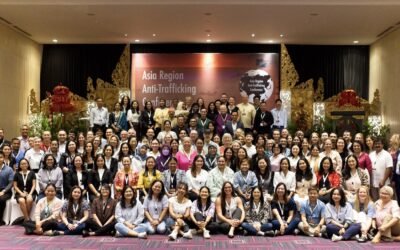It’s heartbreaking to learn that rural Haitian families often feel they have no choice but to send some of their children away because they can’t afford to care for them.
The restavek system is a longstanding tradition in Haiti, where rural kids are sent to live with other families in cities and work for them as domestic servants. The expectation is that the “host” family will care for the child by providing schooling, food and shelter.
All too often, though, restavek children are abused and enslaved instead.
Free the Slaves has successfully completed a pilot project with the Haitian group Fondasyon Limye Lavi to build community consensus against the restavek system and prevent the flow of children into domestic servitude.
A detailed report (in English and French) and documentary video (in English and Creole) are available on the FTS Haiti webpage.
The project results were very encouraging:
- An estimated 27 percent of the children in villages reached by the project who were initially identified as being in restavek are now back home.
- A child rights educational program improved the treatment of children in project communities by 29 percentage points.
- Child protection committees were formed in each community to prevent the sending of children into restavek slavery, to support the reintegration of returned children and to promote overall child welfare.
- An accelerated education program provided schooling for at-risk kids, helping to keep them at home.
FTS is now spreading the word about the Model Communities approach to an array of anti-poverty and child rights organizations working in Haiti. The goal is simple: transform all of Haiti into a model community in order to protect vulnerable children from slavery.



